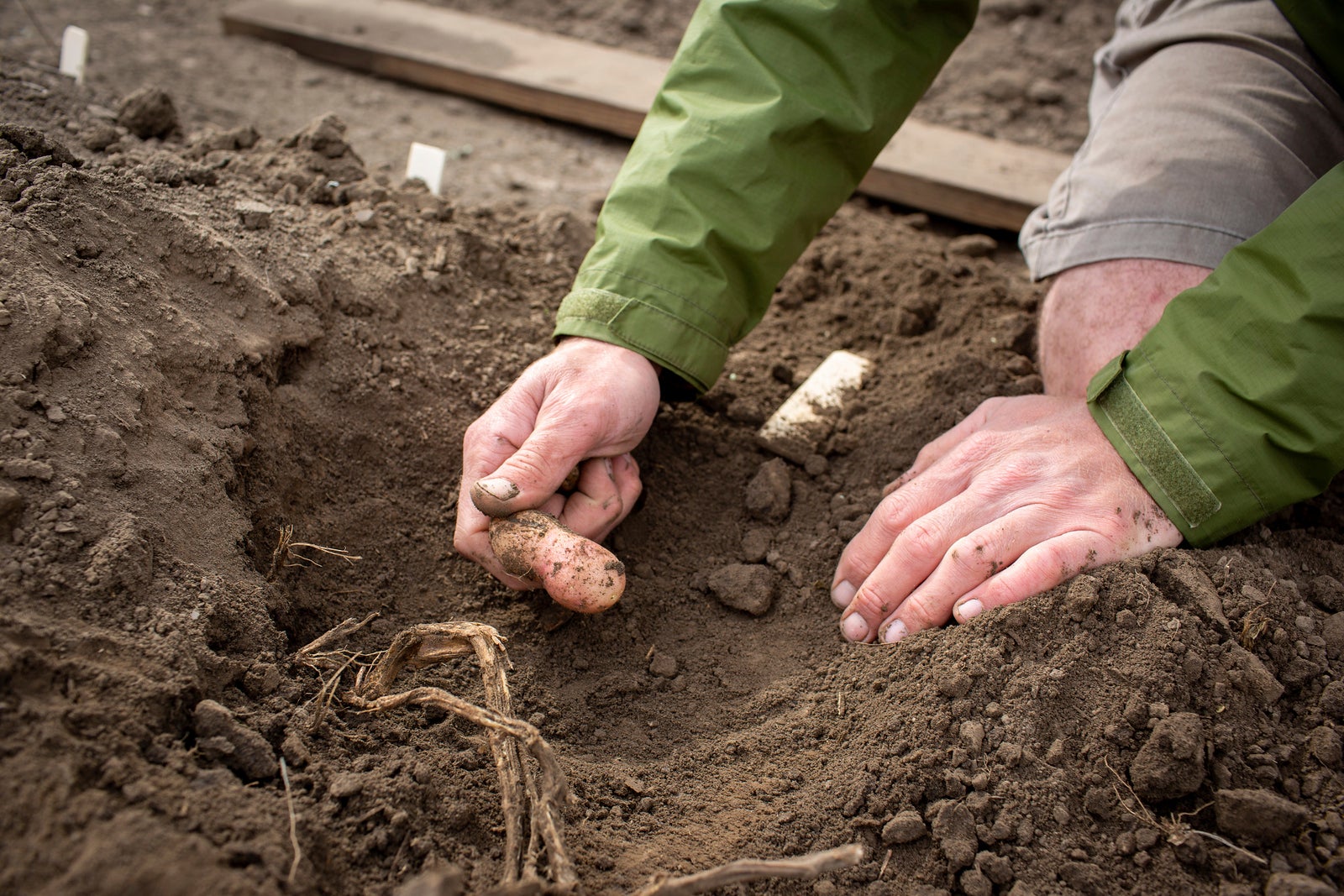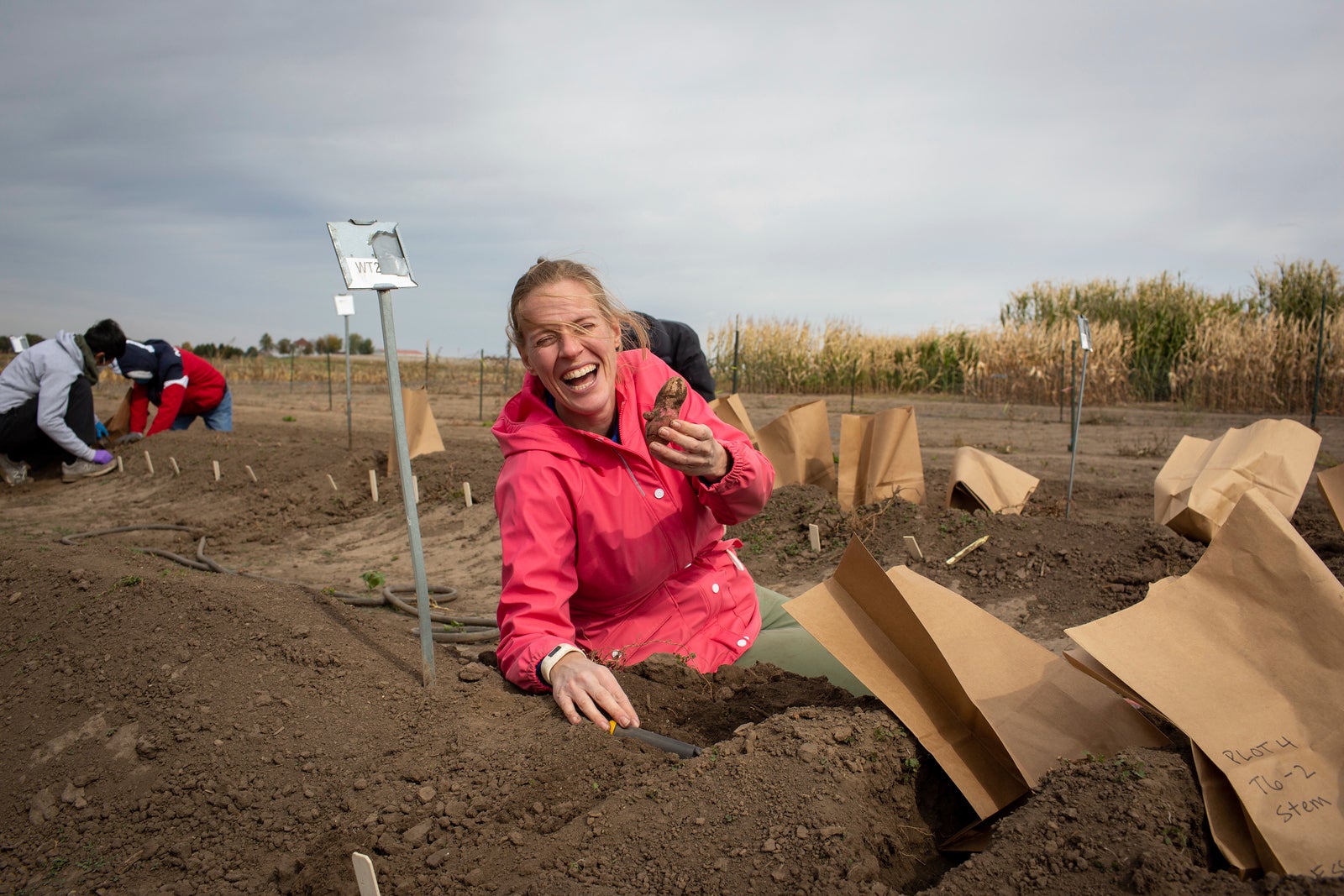An essential Christmas dinner item is under threat from global warming
Scientists are working to protect the Christmas dinner

Your support helps us to tell the story
From reproductive rights to climate change to Big Tech, The Independent is on the ground when the story is developing. Whether it's investigating the financials of Elon Musk's pro-Trump PAC or producing our latest documentary, 'The A Word', which shines a light on the American women fighting for reproductive rights, we know how important it is to parse out the facts from the messaging.
At such a critical moment in US history, we need reporters on the ground. Your donation allows us to keep sending journalists to speak to both sides of the story.
The Independent is trusted by Americans across the entire political spectrum. And unlike many other quality news outlets, we choose not to lock Americans out of our reporting and analysis with paywalls. We believe quality journalism should be available to everyone, paid for by those who can afford it.
Your support makes all the difference.As climate change hits, the future of some of our most basic crops, and a staple of Christmas dinner, is under threat.
With excess temperatures changing the earth and what grows in it, scientists are now developing potatoes that could withstand heatwaves.
A team of researchers carried out field trials at a single location in the US state of Illinois and observed that an adapted plant grew up to 30% more potatoes under heat stress.
This was done by adding two genes to modify a process called photorespiration to improve efficiency, leaving more energy for greater growth.

Authors of the paper, published in the journal Global Change Biology, described the step as “a promising avenue for yield increases in the face of a warming planet”.
Multi-location field trials are needed to confirm the team’s findings in varying environments.
A team led by Dr Katherine Meacham-Hensold and made up of people from the University of Illinois (UIUC) and the University of Essex worked on the project.
Dr Meacham-Hensold, of the Realising Increased Photosynthetic Efficiency (Ripe) project led by the UIUC, said the work aimed to meet needs for food in the face of global warming.
“We need to produce crops that can withstand more frequent and intense heatwave events if we are going to meet the population’s need for food in regions most at risk from reduced yields due to global warming,” she said.
“The 30% increase in tuber mass observed in our field trials shows the promise of improving photosynthesis to enable climate-ready crops.”

Dr Amanda Cavanagh, of the University of Essex, said: “Our major food crops are under threat from climate change and our work has now confirmed that strategies to increase thermotolerance will translate from model to food crops.
“For many families, roast potatoes are the best part of a Christmas dinner, and this work goes a long way to protecting them for future generations.
“Away from our festive plates this work could have a huge impact in the developing world and help safeguard crops for the people on the frontline of climate change.”
Professor Don Ort, the Robert Emerson professor of plant biology and crop sciences at UIUC and deputy director of the Ripe project, said: “Another important feature of this study was the demonstration that our genetic engineering of photosynthesis that produced these yield increases had no impact on the nutritional quality of the potato.
“Food security is not just about the amount of calories that can be produced but we must also consider the quality of the food.”